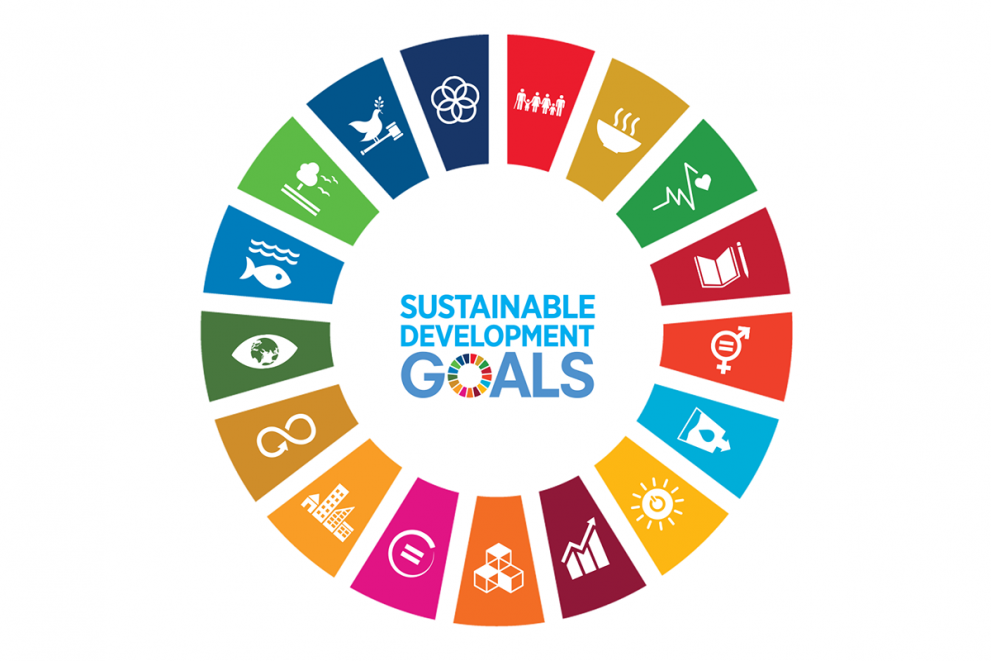-

SDGs, Precarity and Literary Studies
Live program on the sustainable development goals, literature and precarity 1-6 July!
-

Round-table workshop On “Creative with concepts”, 11th May
The Posthumanities Hub round-table workshop On “Creative with concepts” Speakers: Prof. Nanna Verhoeff (Utrecht University), Prof. Iris van der Tuin (Utrecht University), Dr Janna Holmstedt (Sweden’s Historical Museums), Prof. Christina Fredengren (Uppsala University), Prof. Paola Ruiz Moltó (Universitat Jaume) & Prof. Cecilia Åsberg (LiU) with friends. 11th May, 10:15-12:00 CEST, Linköping University, Temahuset, Temcas.
-
Group meeting The Posthumanities Hub
Wednesday 24 May hrs 13:15-14:30 CEST over zoom Dear research group members, On Wednesday 24 May we reconvene agian for group meeting. On the agenda: […]